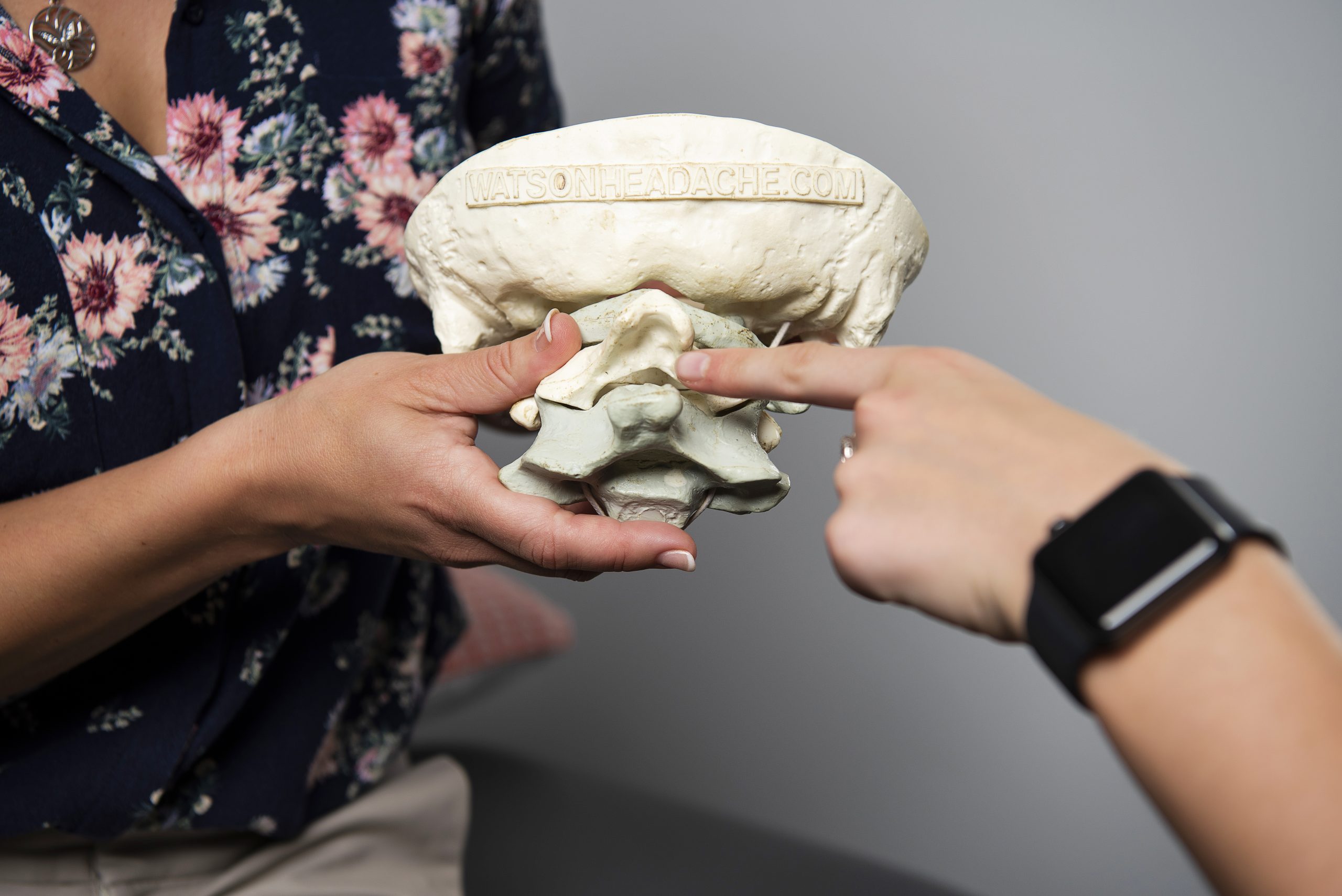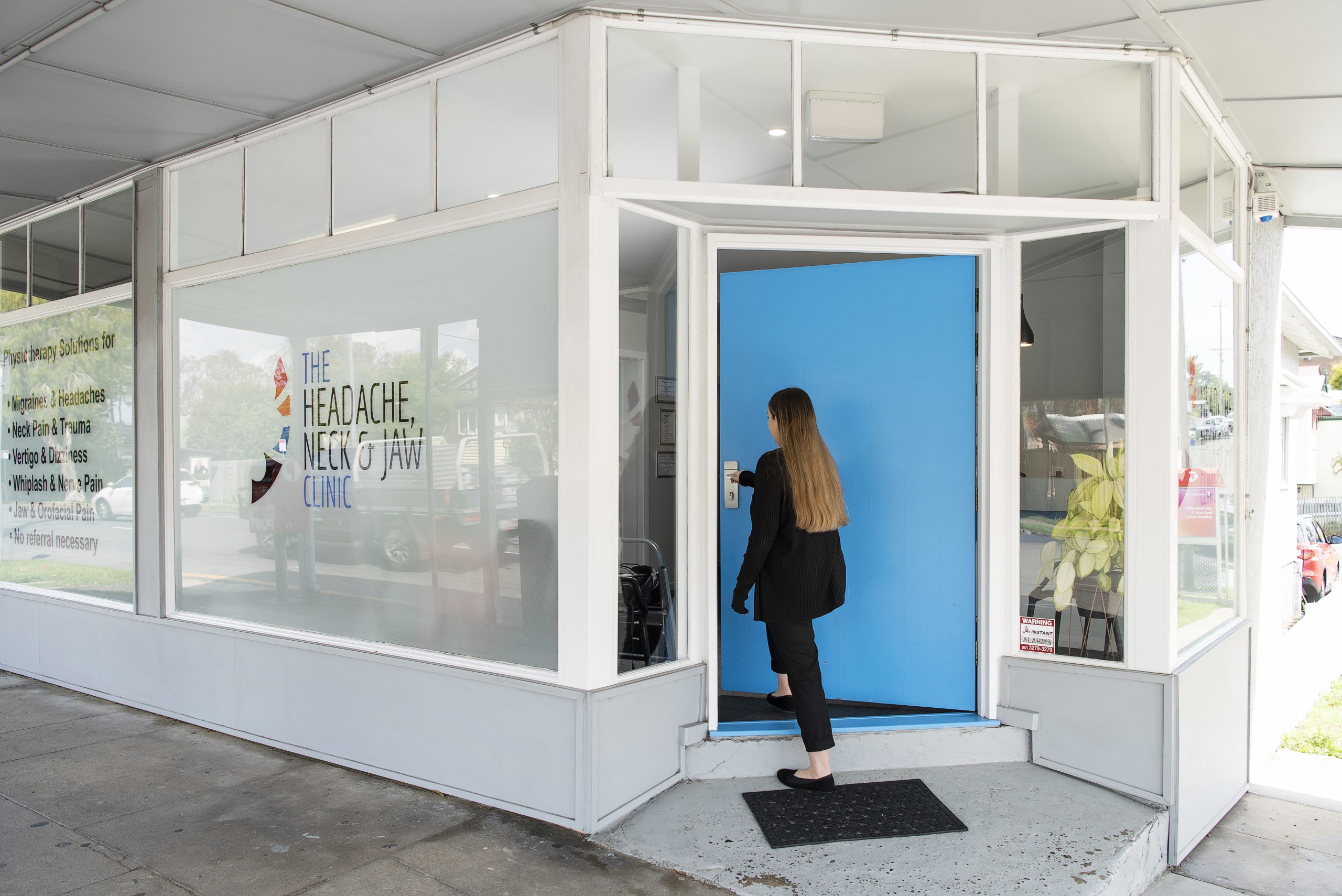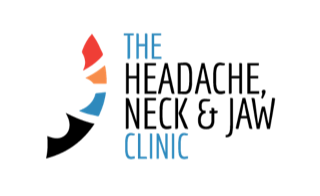Concussion

Referring a Patient? - Click Here
What is A Concussion?
A concussion is a type of mild traumatic brain injury (TBI) that occurs when the brain experiences a sudden and forceful jolt or impact, typically due to a blow to the head, a violent shaking of the head and upper body, or a rapid deceleration of the head. Concussions can result from various incidents, including sports-related injuries, car accidents, falls, or any situation where there is a significant head trauma.
Key characteristics of a concussion include:
- Temporary Alteration of Brain Function: Concussions temporarily disrupt the normal functioning of the brain. This can lead to a range of symptoms, which may affect an individual's cognitive, physical, emotional, and sensory abilities.
- Lack of Structural Damage: Unlike more severe traumatic brain injuries, such as contusions or bleeding in the brain, concussions typically do not show up on imaging tests like CT scans or MRIs. This is because there is no structural damage to the brain. Instead, the injury is functional in nature.
- Variability of Symptoms: Concussion symptoms can vary widely among individuals. Common symptoms include headache, dizziness, confusion, memory problems, nausea, and changes in mood. Some individuals may lose consciousness, while others do not.
- Potential for Delayed Symptoms: Concussion symptoms may not always appear immediately after the injury. In some cases, symptoms can manifest hours or even days later.
- Recovery: The majority of individuals with concussions recover fully with appropriate rest and care. However, it's important to manage concussions properly, as repeated concussions can lead to long-term complications and a condition known as chronic traumatic encephalopathy (CTE).
Concussions should be taken seriously, and individuals who experience a head injury should seek prompt medical evaluation. Proper management, including rest and symptom monitoring, is essential to ensure a safe and smooth recovery and reduce the risk of further injury. It's important to note that every concussion is unique, and recovery times can vary from person to person. If in doubt, consulting with a healthcare professional is always advisable.
How Physiotherapists Can Help with Post Concussion Syndrome
Post-Concussion Syndrome (PCS) is a complex and challenging condition that can significantly impact an individual's life. It often develops after a head injury, and its symptoms can linger for weeks or even months. While rest and time are crucial components of recovery, physiotherapy plays a vital role in helping individuals manage and alleviate the symptoms associated with PCS. Our Physiotherapists at the HNJ Clinic are uniquely positioned to assess and treat this complex condition due to their constant exposure to challenging headaches/migraines, dizziness (vestibular) and neck conditions.
Before delving into the ways physiotherapy can assist in PCS recovery, it's essential to understand the condition. PCS encompasses a range of symptoms, which can include headaches, dizziness, balance problems, fatigue, cognitive difficulties, and emotional disturbances. These symptoms can be debilitating and impact one's ability to carry out everyday activities. PCS is not a single, uniform disorder but rather a collection of symptoms that persist beyond the expected recovery period after a head injury. While some individuals recover within days or weeks, others may experience lingering symptoms for months. It's important to recognise that PCS is highly individualised, with the type and severity of symptoms varying from person to person.
Book an Appointment
If you’re experiencing pain or discomfort then don’t put it off - contact our friendly team today to make an appointment with one of our expert physiotherapists.
Recovery and Rehabilitation Physiotherapist Treatment
Vestibular Rehabilitation: Many individuals with PCS experience dizziness, vertigo, and balance problems. Physiotherapists can provide vestibular rehabilitation to address these issues. This specialized therapy focuses on the vestibular system, which controls balance and spatial orientation. Through various exercises and techniques, physiotherapists can help improve balance and reduce dizziness.
Neck and Cervical Spine Assessment and Treatment: Head injuries often involve strain or injury to the neck and cervical spine. It takes around 65 to 95 Gs of force to cause a concussion, but as little as 8 to 10 Gs of force to cause a whiplash. It is common to see an unconscious or concussed footballer being put in a neck brace to get escorted off the field because the neck is highly susceptible to force injuries, so if symptoms remain past the expected 2 week healing timeline, it is reasonable to perform a thorough neck assessment to determine if any of the PCS symptoms are attributable to the neck. Once assessed, our physiotherapists can treat these issues, which can contribute to headaches and other PCS symptoms. Manual therapy and specific exercises can help alleviate pain and discomfort in the neck and surrounding areas.
Visual Rehabilitation: Visual disturbances, such as double vision, light sensitivity, and difficulty focusing, are common in PCS. Physiotherapists can work with individuals to address these visual issues through targeted exercises and strategies to improve eye coordination and focus.
Exercise Therapy: Fatigue and deconditioning are common in PCS, making even simple physical activities challenging. Our Physiotherapists at the HNJ Clinic can design customized subthreshold exercise programs around the Buffalo Concussion threshold test to gradually rebuild strength, stamina, and overall physical fitness. These exercises are tailored to the individual's needs and tolerance levels.
Education and Coping Strategies: A significant aspect of physiotherapy for PCS is education. Physiotherapists can provide patients with a better understanding of their condition, teaching them how to manage symptoms and develop coping strategies. This empowerment can reduce anxiety and frustration often associated with PCS.
Multidisciplinary Approach: Collaboration with other healthcare professionals, such as neurologists, neuropsychologists, and occupational therapists, is crucial in the treatment of PCS. Physiotherapists can work alongside these specialists to ensure a holistic approach to recovery.
Physiotherapy is a valuable component of the multidisciplinary approach to managing and recovering from Post-Concussion Syndrome. By addressing issues such as vestibular dysfunction, neck and cervical spine problems, visual disturbances, and fatigue, physiotherapists play a crucial role in helping individuals regain their quality of life. Understanding the complexity of Post-Concussion Syndrome is the first step towards effectively managing and eventually overcoming it. By recognizing the diversity of symptoms and the individualized nature of PCS, you can better appreciate the challenges faced by those affected. Whether you are a patient or a caregiver, it's crucial to seek expert guidance and adopt a multidisciplinary approach to treatment. This collaborative effort, often involving a physiotherapist with experience in this condition, will play a pivotal role in helping individuals regain their well-being and reclaim their lives after PCS.
Concussion Resources
Read more about vestibular migraines and how to manage and treat them.
Headache, Neck & Jaw Conditions We Treat
Our Brisbane clinics specialise in the treatment of head, neck and jaw conditions, many of which are notoriously difficult to treat. If you’re experiencing symptoms of any of the following problems, our team has the expertise and training to help.
Headaches
Migraines
Jaw and Orofacial Pain
Neck Pain and Trauma
Whiplash and Nerve Pain
Vertigo & Dizziness
Tinnitus
Singing / Vocal
Therapy
Book Your Appointment Now!
Get in touch with us today for more information on our services or to make an appointment with our friendly team.

